Principal's Report
Kaylene Kubeil

Principal's Report
Kaylene Kubeil
I hope everyone had a very enjoyable long weekend, which now feels like such a long time ago. 'Short' weeks are always busy as we try to fit 5 days into 4. Along with the continued warm weather, I am sure everyone is looking forward to this weekend, as we see lots of action in Melbourne with footy back and the Grand Prix to finish off week 7.
Unbelievably, we only have 3 weeks to go in Term 1.
This week, I would like to provide an update about our WPS Maths Mindsets. You may have heard your children discussing these, as they are displayed in all our classrooms . Research tells us that having the right mindset is equally important, and some consider it more important than the student's ability. Some students experience 'Maths Anxiety' and have a belief that they either have do or do not have a 'Maths Brain', which is not the case. Mindset directly affects how students approach challenges, problem-solving, and learning in Maths.
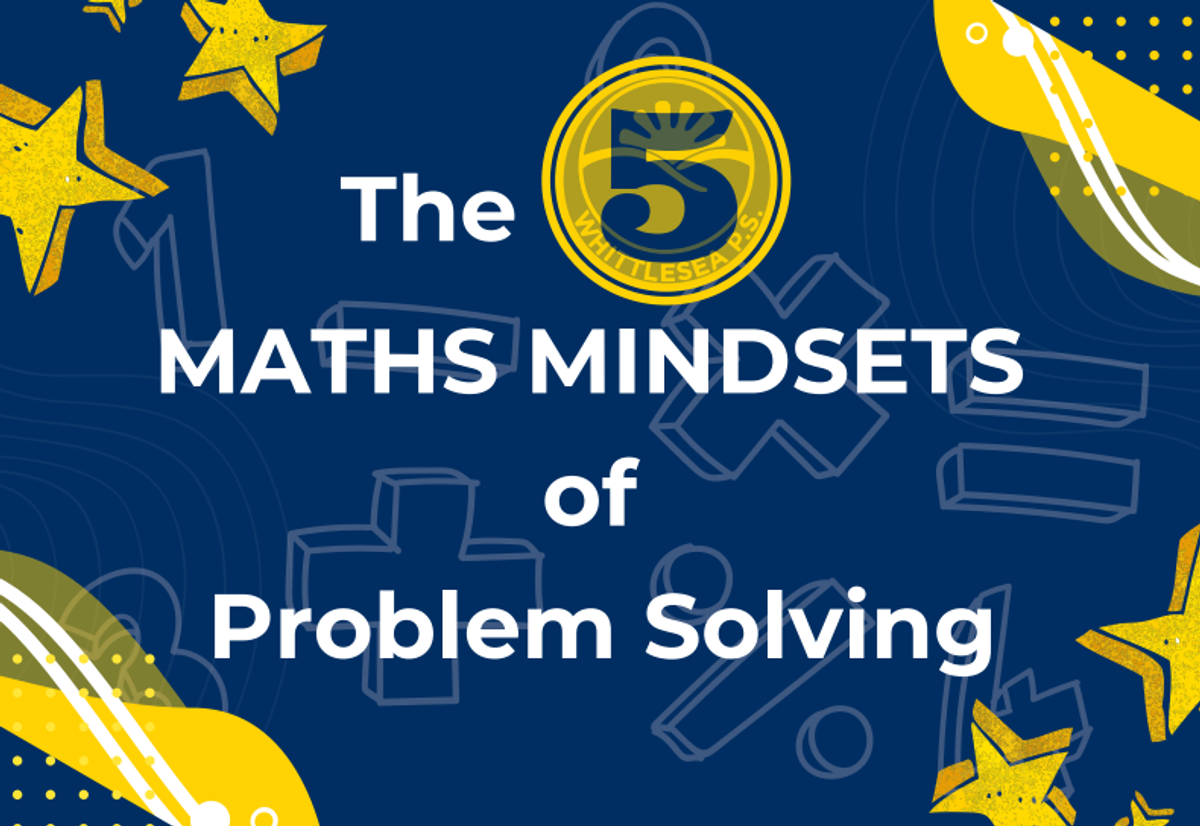
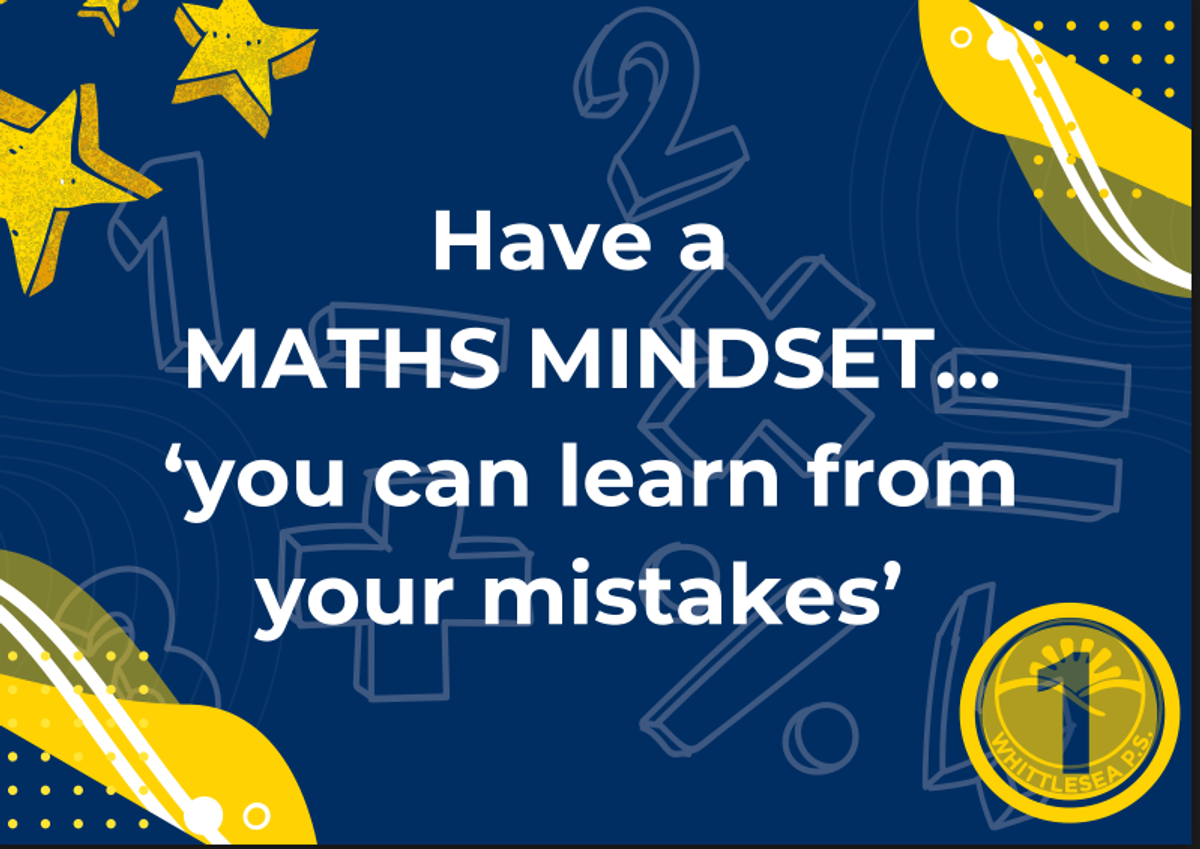
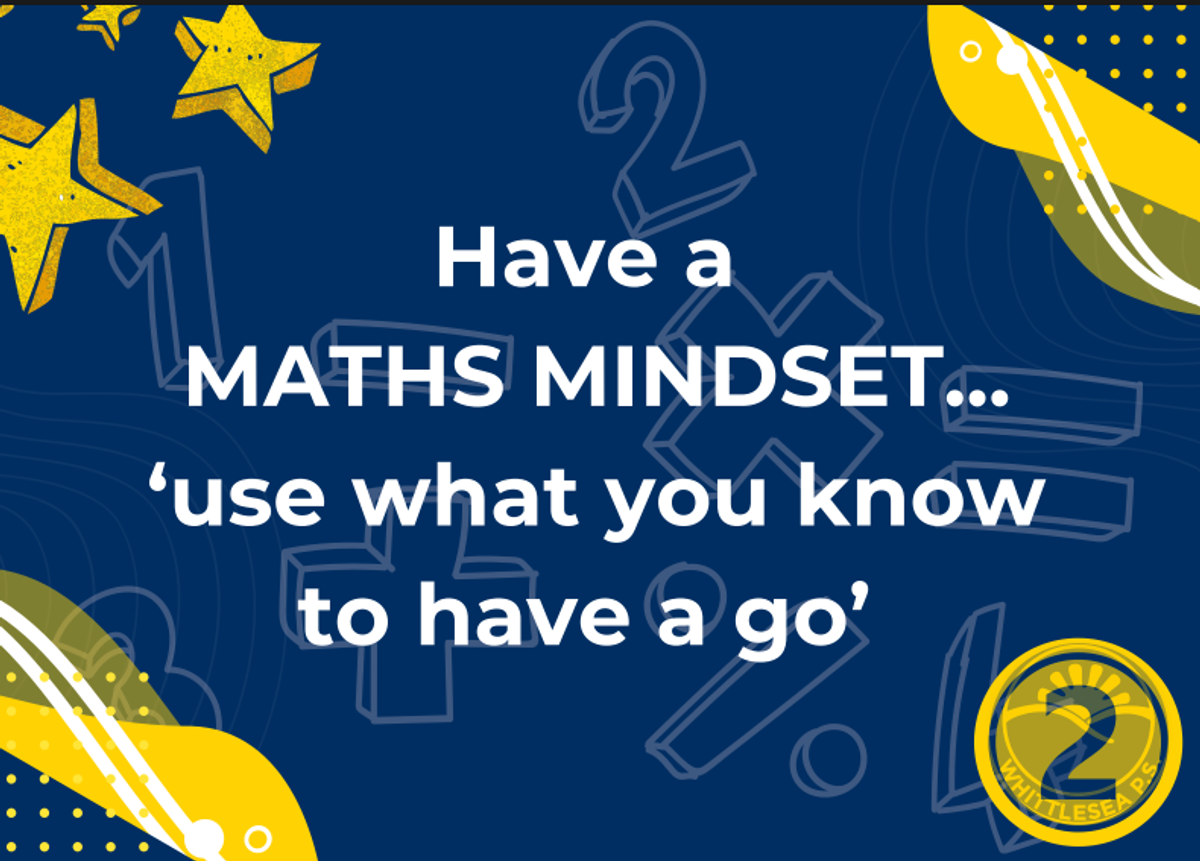
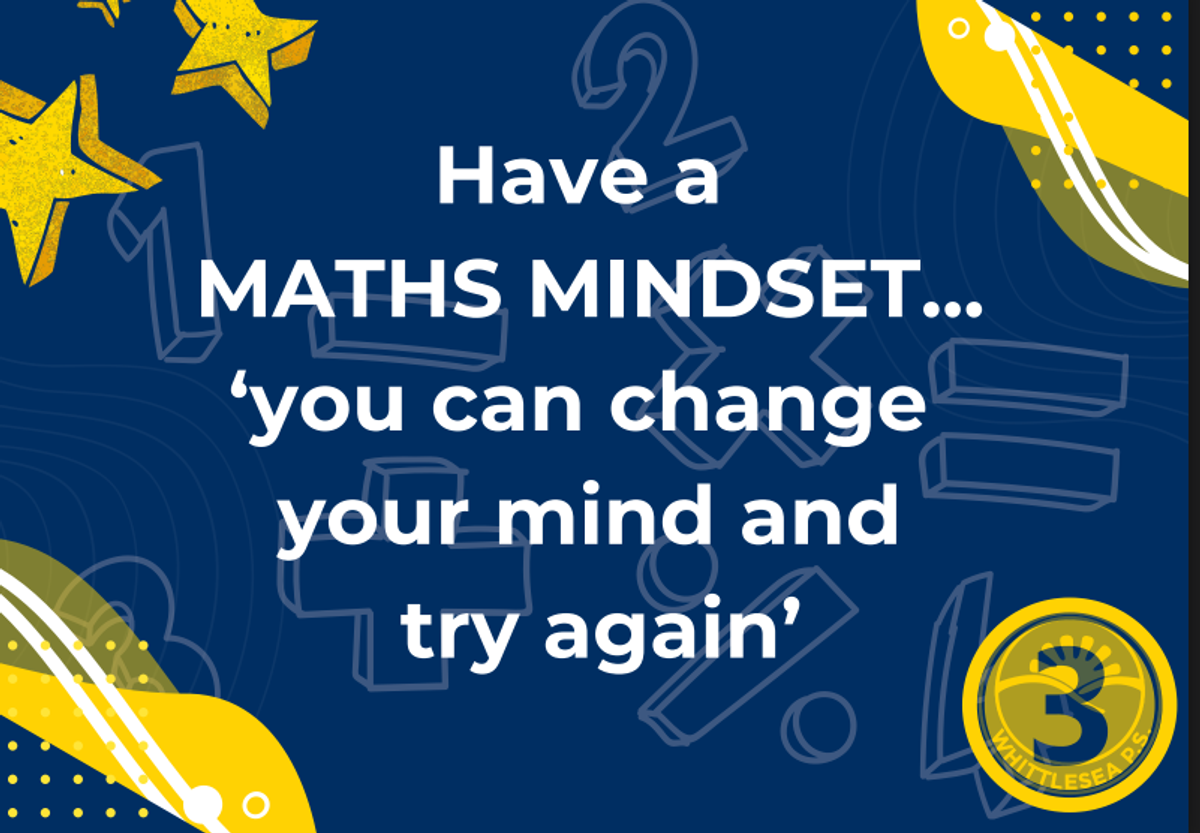
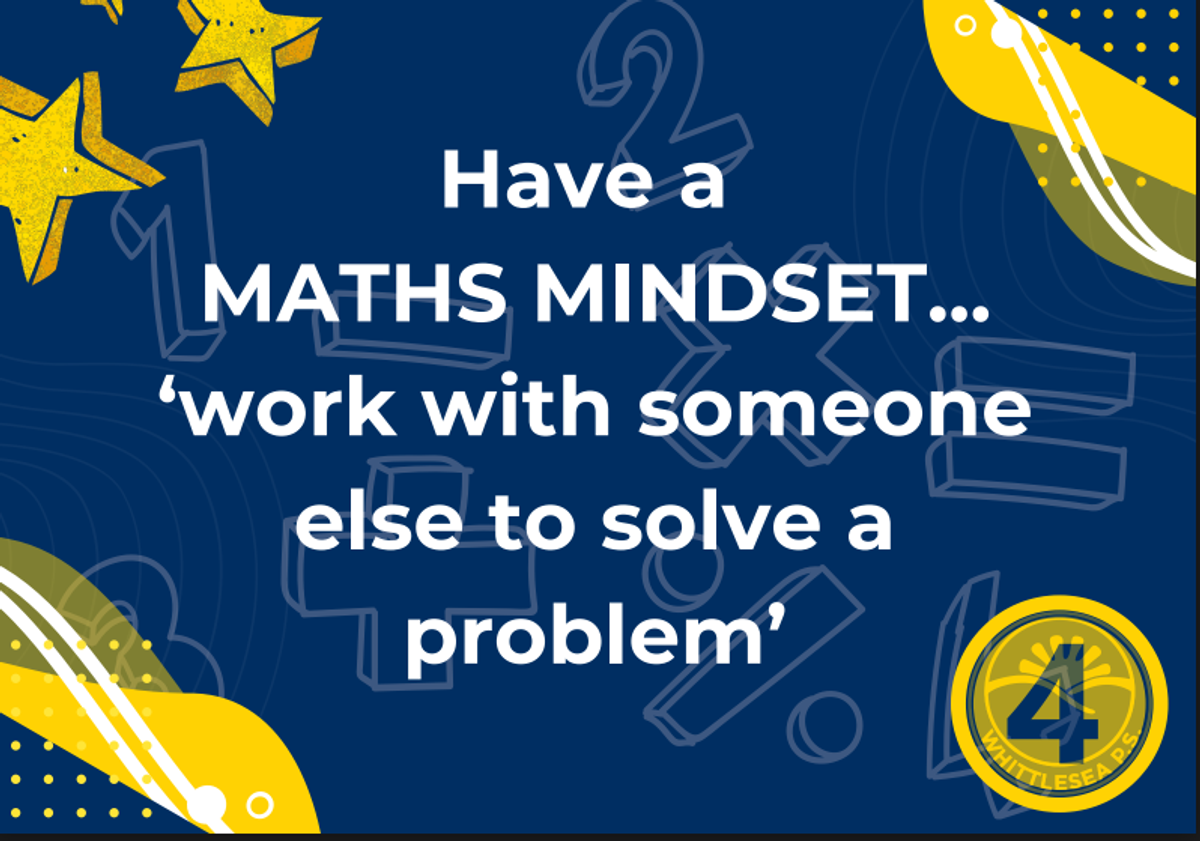
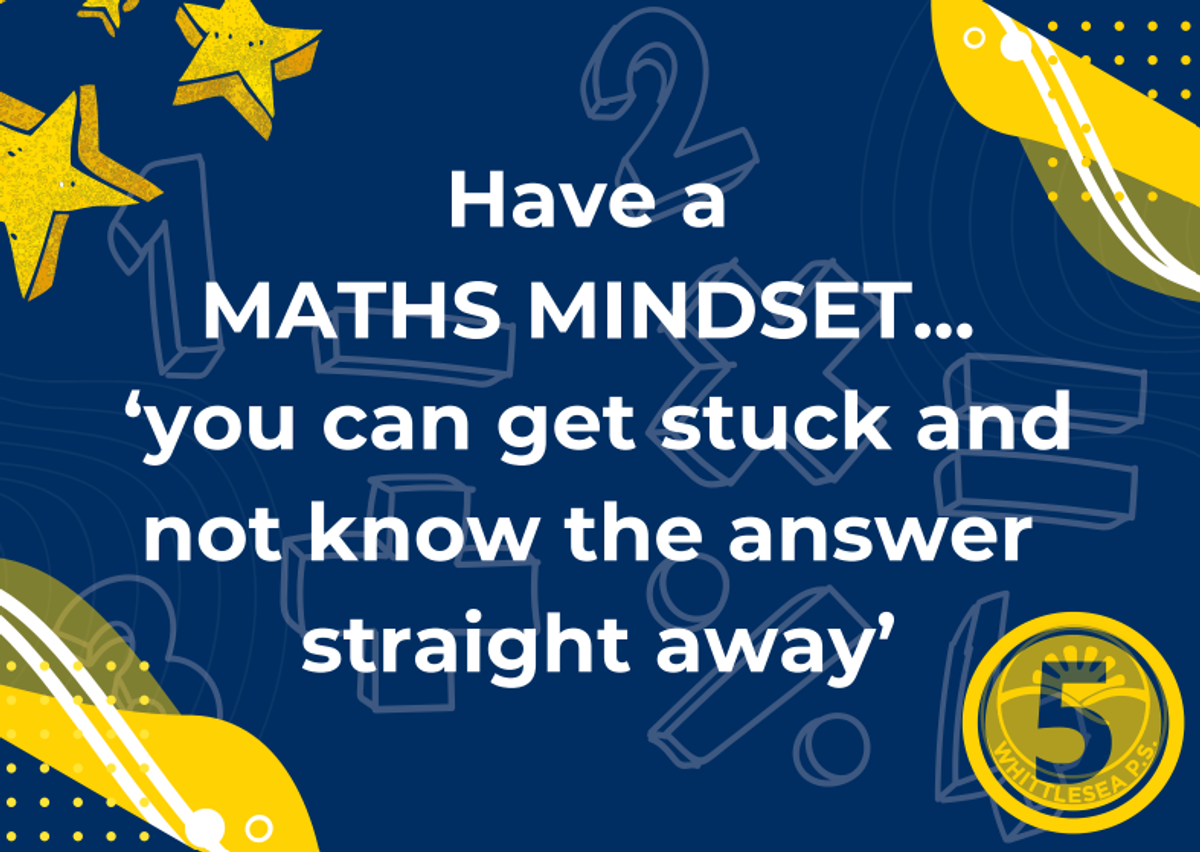






Here are some key reasons why MINDSET MATTERS:
Growth Mindset vs. Fixed Mindset: A growth mindset (believing you can improve with effort) helps you embrace challenges and learn from mistakes. A fixed mindset (thinking you’re either "good" or "bad" at maths) can lead to frustration and easy giving up.
Boosts Confidence: A positive mindset reduces math anxiety and builds confidence, making learning more enjoyable.
Encourages Persistence: Maths often requires trial and error. The right mindset helps you stay patient and keep trying until you find a solution.
Improves Problem-Solving Skills: When you believe in your ability to improve, you're more willing to try different strategies and think critically.
Reduces Fear of Mistakes: Mistakes are part of learning. A strong mindset helps you see them as opportunities rather than failures.
Makes Math More Enjoyable: Seeing math as a puzzle to be solved rather than a burden makes it more engaging and rewarding.
Better Long-Term Success: With the right mindset, math becomes less about memorisation and more about understanding, leading to better school results and real-life applications.
Do you know the difference between Maths & Numeracy?
Maths (Mathematics) is a broad academic Learning Area that includes concepts like algebra, geometry, statistics, and more. It involves abstract thinking, formulas, and problem-solving skills, whereas Numeracy is the practical application of basic Math skills in everyday life. It includes understanding numbers, measuring, estimating, and interpreting data to make informed decisions, such as budgeting, reading charts, or calculating discounts.
In short, Maths is the theoretical & complex concepts (the what), whilst Numeracy is the application of everyday number skills (the how).
This week, like all schools, we commenced NAPLAN, where our Years 3 and 5 students sit tests on Literacy and Numeracy. Well done to all our students for showing our expectations - DO YOU BEST. Thank you to Mr Dupuy and the school Tech team, who ensured the testing days ran smoothly. Next week, the tests continue, so if you are in Years 3 & 5, attending school every day is important so that you can complete the test in the preferred order. If you have any questions about NAPLAN, then please do not hesitate to contact your child's classroom teacher. Please see our Day 3 summary below, highlighting that 55.12% of the tests are completed.
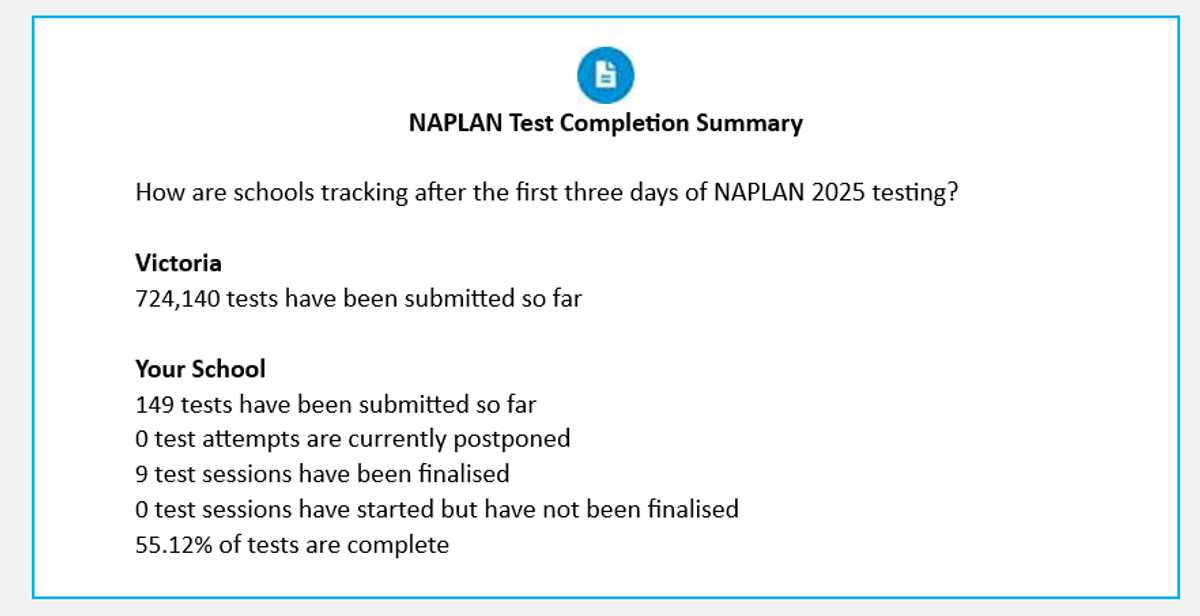

I participated in the Thomastown West Primary School review fieldwork days on Wednesday and Thursday this week. It was great to see how other schools operate and the various classrooms across the school. While this school has a very different context from WPS, it was lovely to see that whatever school you are in, learning and wellbeing are the school's central focus and core business. Like at WPS, the teachers are caring and passionate, community involvement is strong, and the students are sponges for new knowledge and information.
Have a great weekend.